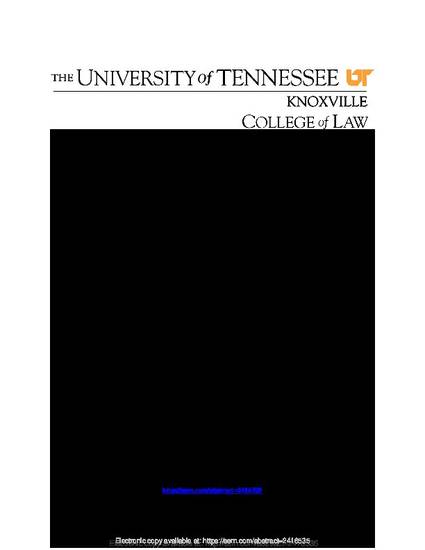
Article 9 of the Uniform Commercial Code, which governs (i) the grant of a security interest in personal property to secure payment or performance of an obligation — a “true security interest” — and (ii) the sale of receivables, incorporates the primary property law principle of nemo dat quod non habet — one cannot transfer an interest in property that one does not have — and its corollary — a transferee can receive what the transferor has and no more. For good policy reasons, however, Article 9 also enacts the innovative exception to nemo dat, the Filing Priority Principle codified in the “first-to-file-or-perfect rule,” that permits a secured party who first files a financing statement to obtain a superior security interest over a secured party who first obtains a security interest and would otherwise prevail under nemo dat. For true security interests, the plain language of Article 9 effectuates the policies of nemo dat and the Filing Priority Principle. For the sale of receivables under Article 9, however, the plain language of Article 9 precludes application of the Filing Priority Principle to many buyers of receivables, and this result has led some scholars and practitioners to advocate the application of the Filing Priority Principle to these buyers by implication despite the plain language of the statute. This article analyzes the interplay in Article 9 among nemo dat, the Filing Priority Principle, and the important policy of respecting the plain language of a statute and argues that when the plain language of the statute protects the interests of buyers of receivables under nemo dat, the Filing Priority Principle should not be implied as a matter of policy to defeat those interests, but when the language of the statute is ambiguous, the Filing Priority Principle should be applied to further the policy reasons for this exception to nemo dat.
Available at: http://works.bepress.com/thomas-plank/12/
